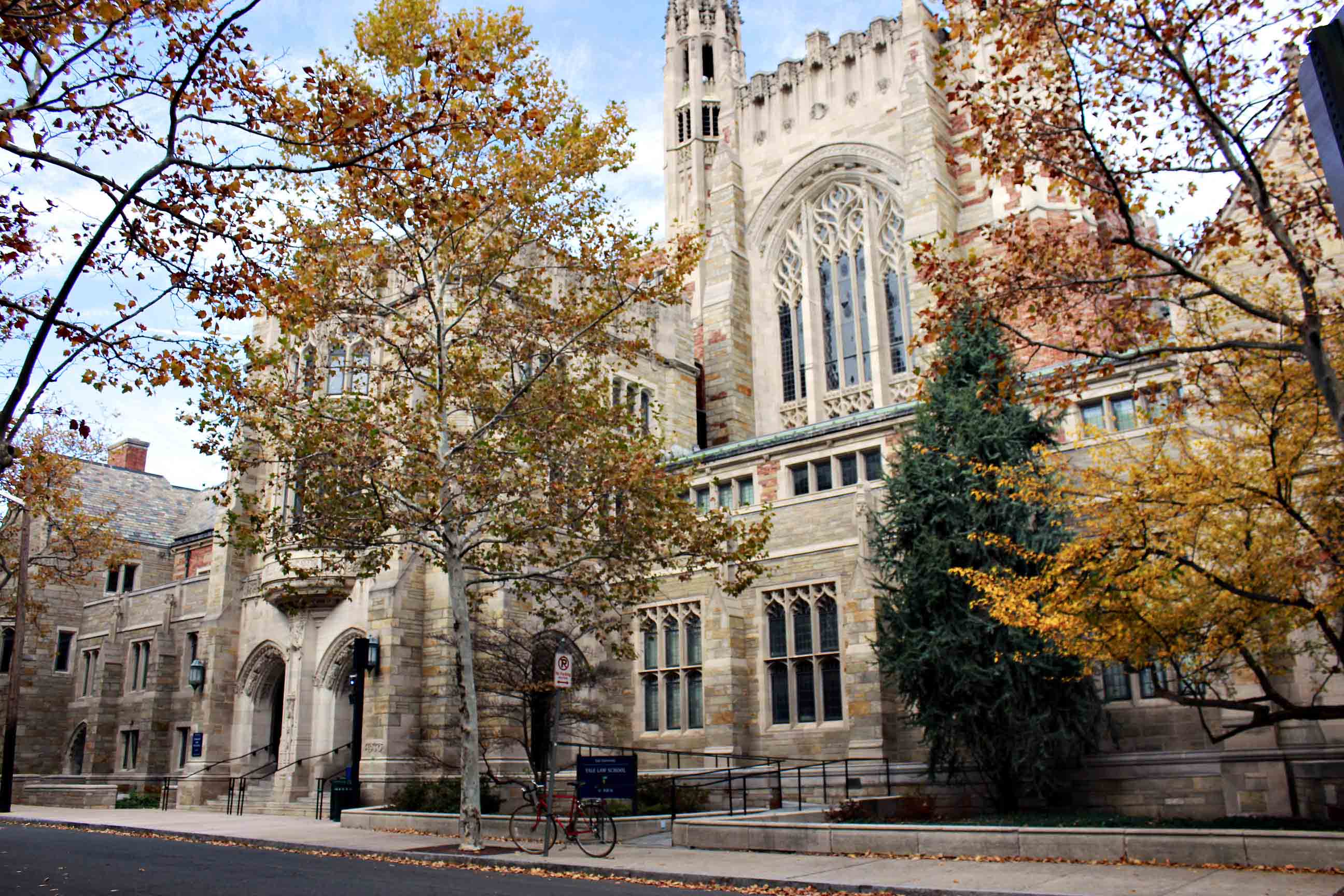
Few Connecticut parolees understand the system the state uses to judge parole violations, according to a report released last month by the Yale Law School’s Criminal Justice Clinic.
Students and faculty members at the clinic attended 49 parole revocation hearings in Connecticut in November 2015 and conducted interviews with 34 parolees after their hearings. A parolee is entitled to a preliminary hearing, during which an examiner determines the merit of the accusation, within two weeks after being reported for violating parole. The examiner may order the parolee released after the preliminary hearing.
But the report from the Law School clinic found that 94 percent of the parolees interviewed waived their right to a preliminary hearing and, as a result, had to wait in custody for an average of three to four months before their final hearing. Perhaps most shockingly, the report found that every single one of the 49 parolees ended up having their parole revoked.
The report cited a lack of understanding of parole law among parolees as the biggest cause of this phenomenon: 68 percent of parolees interviewed did not know what a preliminary hearing was. Additionally, not a single parolee was appointed an attorney for the hearing, even though many “seemed to qualify for state-provided counsel under the federal constitutional standard,” according to the report.
“Our interviews with parolees confirmed the doubts and worries we had about the way the process is happening,” said Theo Torres LAW ’18, who has worked with the clinic since last spring.
The Law School clinic undertook the study at the request of Governor Dannel Malloy, who unveiled a criminal justice reform plan — the Second Chance Society — in February 2015.
The clinic presented its initial findings to state government officials in January 2016. Since then, the Connecticut Board of Pardons and Paroles has made strides to reform its procedure, including by offering preliminary hearings in all cases involving parolees accused of technical violations of their parole conditions.
Technical violations — minor infractions, such as consuming alcohol or missing an appointment with a parole officer, many of which are legal for those not on parole — can send parolees back to prison, Torres said.
Law professor Fiona Doherty LAW ’99, an instructor at the clinic, said she applauds the changes the board has already made and added that she believes the board is contemplating an even bigger overhaul of the parole system. She said the clinic is willing to help with the planned reform as much as possible.
The project also presented a unique educational opportunity for law students outside of the classroom, Doherty said.
“Students got to go in and see a part of the criminal justice system that has low visibility, figure out what is going on and compare it with what is required under the law,” she said.
Richard Sparaco, executive director of the Board of Pardons and Paroles, said the clinic’s report clarifies the responsibilities of the hearing examiners and parole officers and sheds light on issues that have plagued the board for years. He added that the board appreciates Yale’s input and is open to constructive criticism.
This is not the first time the work of a Law School clinic has led to criminal justice reform in Connecticut. According to Under Secretary for Criminal Justice Policy and Planning Michael Lawlor, the state used a Law School clinic help years ago to rewrite rules concerning solitary confinement.
“Over the last several years, we have had expansive dealings with different Law School clinics,” Lawlor said. “Each and every time it has been extremely helpful.”
Yale Law School has more than 30 clinics.
Jingyi Cui | jingyi.cui@yale.edu







